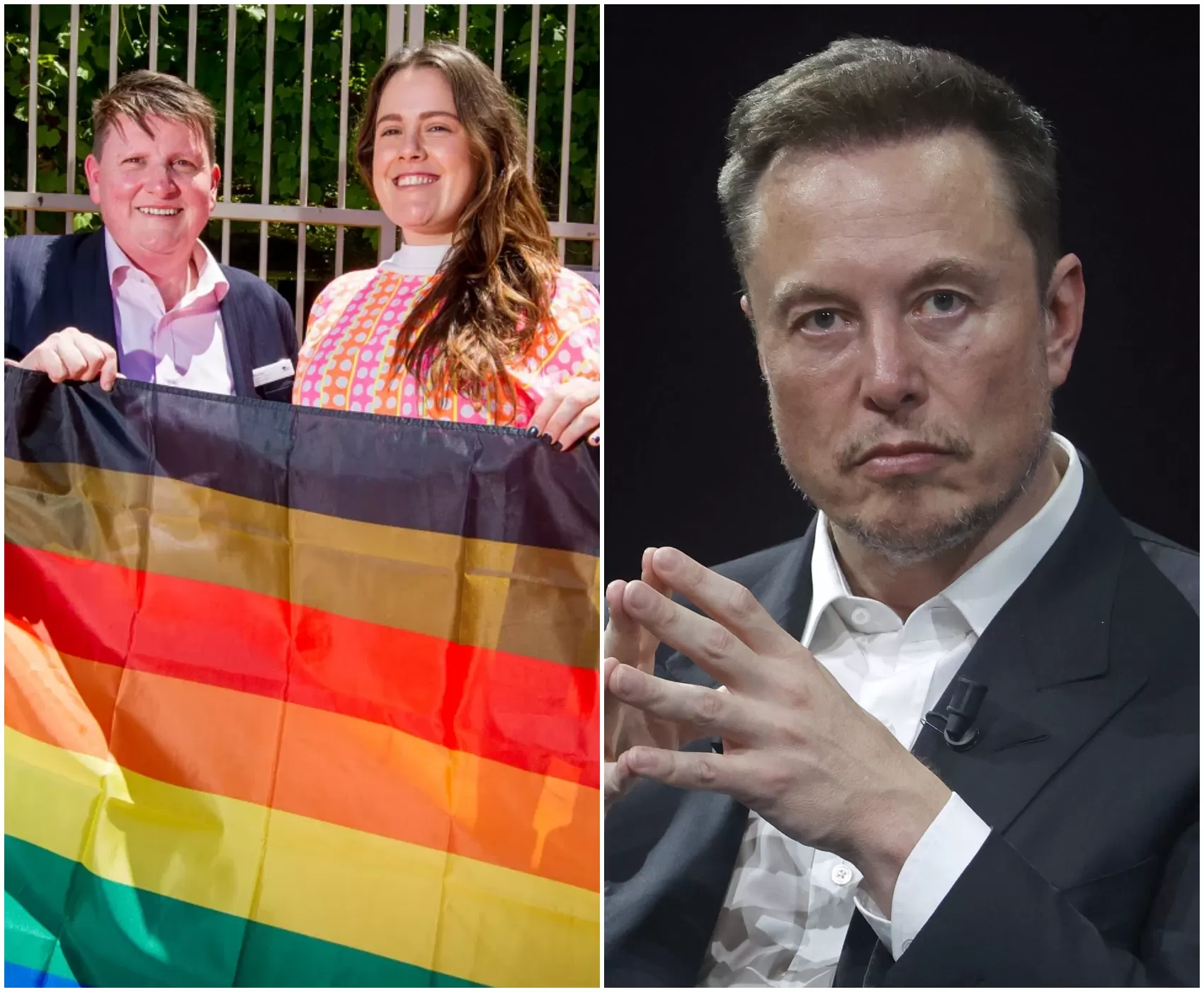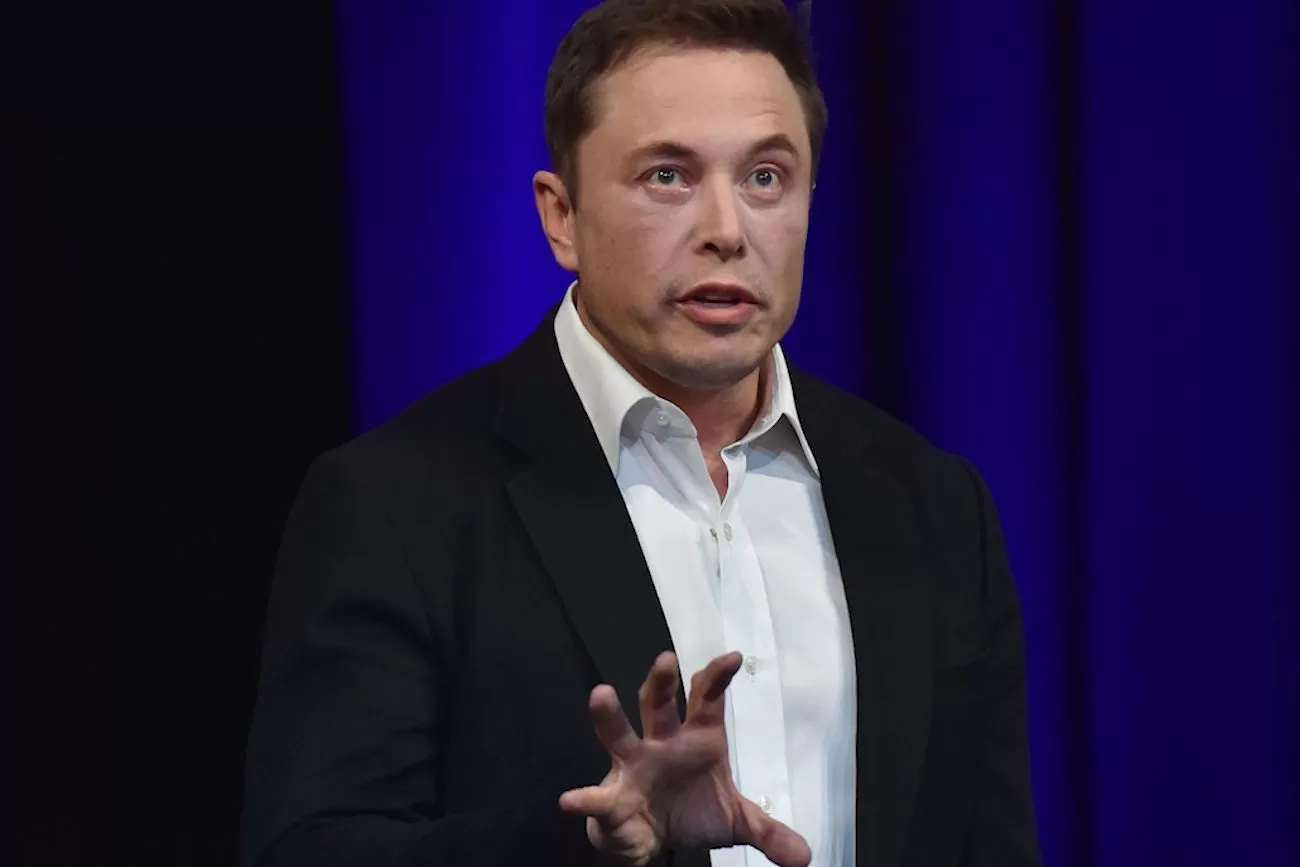In a recent and contentious move, Elon Musk, CEO of SpaceX and Tesla, sparked widespread debate by suggesting that Pride flags should be permanently banned from classrooms. In a tweet that gained rapid traction, Musk stated, “Pride flags should be banned from classrooms, permanently! Time to focus on education, not agendas.” This declaration aligns with his growing trend of voicing opinions on polarizing cultural issues, positioning him as a prominent figure in the ongoing “anti-woke” discourse.

Musk’s tweet ignited immediate and polarized reactions across social media. Supporters praised his stance as a necessary push against what they perceive as the encroachment of identity politics in education. Many conservative voices hailed him as “the voice of reason” in a climate they view as overly inclusive. Social media users celebrated his position with memes and hashtags advocating for a return to traditional educational values, emphasizing patriotism over representation.
Conversely, critics condemned Musk’s remarks as an attack on the LGBTQ+ community and a regressive step away from inclusivity. Prominent activists and everyday users responded with their own critiques, emphasizing the importance of visibility and representation for marginalized groups. Many pointed out the irony of Musk’s capability to lead ambitious space missions while seemingly dismissing the need for diversity within educational environments.

As the tweet circulated, educators and school boards faced an unexpected challenge in addressing the heightened attention on the issue. The National School Boards Association acknowledged the unusual situation created by Musk’s tweet, reflecting on how the discussion around classroom decor had seemingly been settled. While some districts in conservative areas began to entertain Musk’s proposal, others firmly reaffirmed their commitment to fostering inclusive environments. One Los Angeles high school principal stated, “If a rainbow flag makes one student feel seen, then it’s worth it.”
In response to backlash, Musk clarified that while he opposes Pride flags in classrooms, he believes children can still express themselves through art. His comments quickly permeated various sectors, prompting discussions in corporate boardrooms as well. Some business leaders supported Musk’s perspective, viewing it as a necessary stand against distractions in education, while others, like representatives from Disney and Ben & Jerry’s, voiced strong opposition, reinforcing their commitment to inclusivity.

The ensuing debate extended into the realm of entertainment, with late-night hosts and social media users humorously addressing Musk’s controversial stance. Memes and parodies proliferated, reflecting the public’s engagement with the topic. Musk appeared unfazed by the backlash, suggesting that the focus should remain on educational content rather than symbols.
Ultimately, Musk’s remarks have reignited a critical conversation about the role of representation in educational settings. While he continues to influence the discourse with his provocative statements, the future of classroom decor and inclusivity remains to be determined by educators, parents, and school boards across the nation. As the debate continues, Musk’s influence as a cultural provocateur is undeniable, leaving many eager to see what he will say next.





